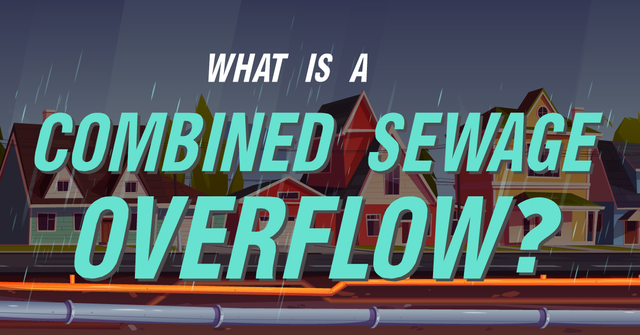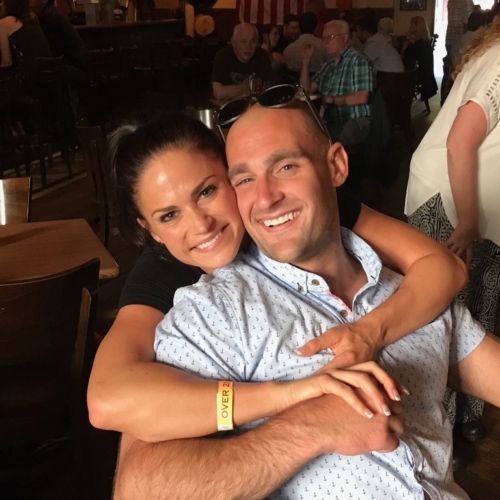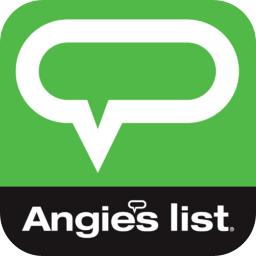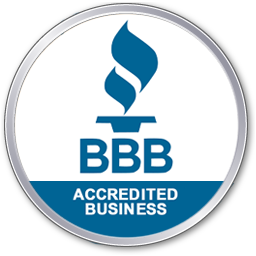We know – “sewage” and “overflow” are two words you never want to hear in the same sentence. But unfortunately, that doesn’t mean it doesn’t occasionally happen.
A combined sewer system collects stormwater, industrial wastewater and sewage into a single pipe. When it’s working as designed, the pipe carries all of this wastewater to a sewage treatment plant, where solids and pollutants are removed from the water so that it can safely reenter the environment.
However, if the system is at full capacity, untreated water runoff is diverted into nearby bodies of water, pollutants and all. This is called a combined sewage overflow (also known as a CSO).
Many of Portland’s older neighborhoods use a combined sewer system to remove toxins and bacteria from wastewater before returning it to the Willamette River or Columbia Slough. When a combined sewage overflow occurs, hazards such as chemicals, oils, grease, floating debris and untreated human waste can enter these bodies of water and pose health risks to anyone who comes in contact with them. For this reason, the public is advised to avoid contact with the affected waterways until levels of hazardous materials subside (usually about 48 hours following a CSO).
According to the Environmental Protection Agency, Portland is one of nearly 860 U.S. municipalities where combined sewage overflows are a priority water pollution concern. Fortunately, combined sewage overflows in Portland are now rare thanks to the Big Pipe Project, which refers to a series of improvements made to the city’s combined sewer systems to reduce and control CSOs.
Here, we’ll discuss the remarkable success of the Big Pipe Project and when combined sewage overflows still occur.
When Do CSO’s Happen?
Combined sewage overflows happen any time the amount of stormwater that enters a combined sewer system exceeds the capacity of the sewer system or wastewater treatment plant. For this reason, CSOs typically occur during heavy rainfalls or snowmelts. Due to Portland’s wet winters, combined sewage overflows in the area are most common during the winter months, from about October to May.
When a combined sewage overflow takes place, around 80% of the runoff that enters local waterways is stormwater, while the other 20% is sewage. This sewage often leads to a heightened presence of harmful bacteria, such as E. coli, that can make people who enter the water after a CSO very sick.
If you frequent the Willamette River or Columbia Slough, it’s always a good idea to check if a CSO advisory is in effect, especially after heavy rainfall or snow. You can find out if a combined sewage overflow is happening now by checking Portland.gov.
Before The Big Pipe Project
Combined sewage overflows in Portland were far more common before the Big Pipe Project was completed in 2011, following two decades of work. Prior to 2011, CSOs happened regularly – roughly 50 times per year. According to the City of Portland’s Environmental Services, it used to only take about one-tenth of an inch of rain to cause a CSO. These combined sewage overflows often lasted for days, making the Willamette River very dirty and contaminated.
Recognizing the impact of CSOs on Portland’s rivers and the dangers they posed to public health, Environmental Services mapped out a set of initiatives to greatly reduce the amount of combined sewage overflows that happen each year. This plan, the Big Pipe Project, included:
- A diversion of stormwater from the combined sewer system, which kept millions of gallons of stormwater out of the system
- The Downspout Disconnection Program, which encouraged residents east of the Willamette River to disconnect more than 56,000 roof drains and instead divert water into yards or gardens
- Implementation of a pipeline to carry stream water directly to the Willamette River
- The placement of 3,000 stormwater sumps to collect and treat street water runoff so it could absorb back into the ground
- The construction of new sewers in several areas surrounding Portland
- The creation of the East Side, West Side and Columbia Slough Big Pipes to carry wastewater to nearby treatment plants
- Improvements to the city’s main wastewater treatment plant
All of these efforts not only diverted billions of gallons of stormwater away from the combined sewer system each year, but they also increased the capacity of the wastewater that could make it to a treatment plant. This greatly reduced the amount of CSOs that take place.
After The Big Pipe Project
All in all, the Big Pipe Project reduced combined sewage overflows to the Willamette River by 94% and to the Columbia Slough by 99%. Currently, only about four CSOs occur per year, leaving the Willamette River cleaner than it has been in decades.
In fact, only 35 combined sewage overflows total have occurred in the 10 years since the project was completed. These overflows are also an average of 38 hours shorter and more than 5.7 billion gallons smaller than they were before the Big Pipe Project, lessening the impact when a CSO does occur.
Get Help with Your Sewer System in Portland, OR
Of course, sewer problems aren’t limited to larger or combined sewer systems. If you experience issues such as slow drains or a “rotten egg” smell at your home or office during heavy downpours, it’s time to schedule a sewer inspection (also called a sewer scope). These inspections can find cracks or clogs in your sewer line, tree root intrusions that could be creating backups, collapsed pipes or problems with your septic tank.
If you are in need of a sewer repair, Alpha Environmental offers trenchless sewer repair, which is faster, less messy and cheaper than traditional trenching methods. Our team is experienced with both pipe bursting and horizontal drilling and will help to repair or replace your sewer line as quickly as possible to get your water running again. We can also help with stormwater management systems, including bioswales and bioretention areas, to prevent pooling water and rid it of pollutants.
Contact us today for all of your sewer system and stormwater needs!




